International
New York puts 282 detainees in pro-Palestinian university protests with “external agitators”
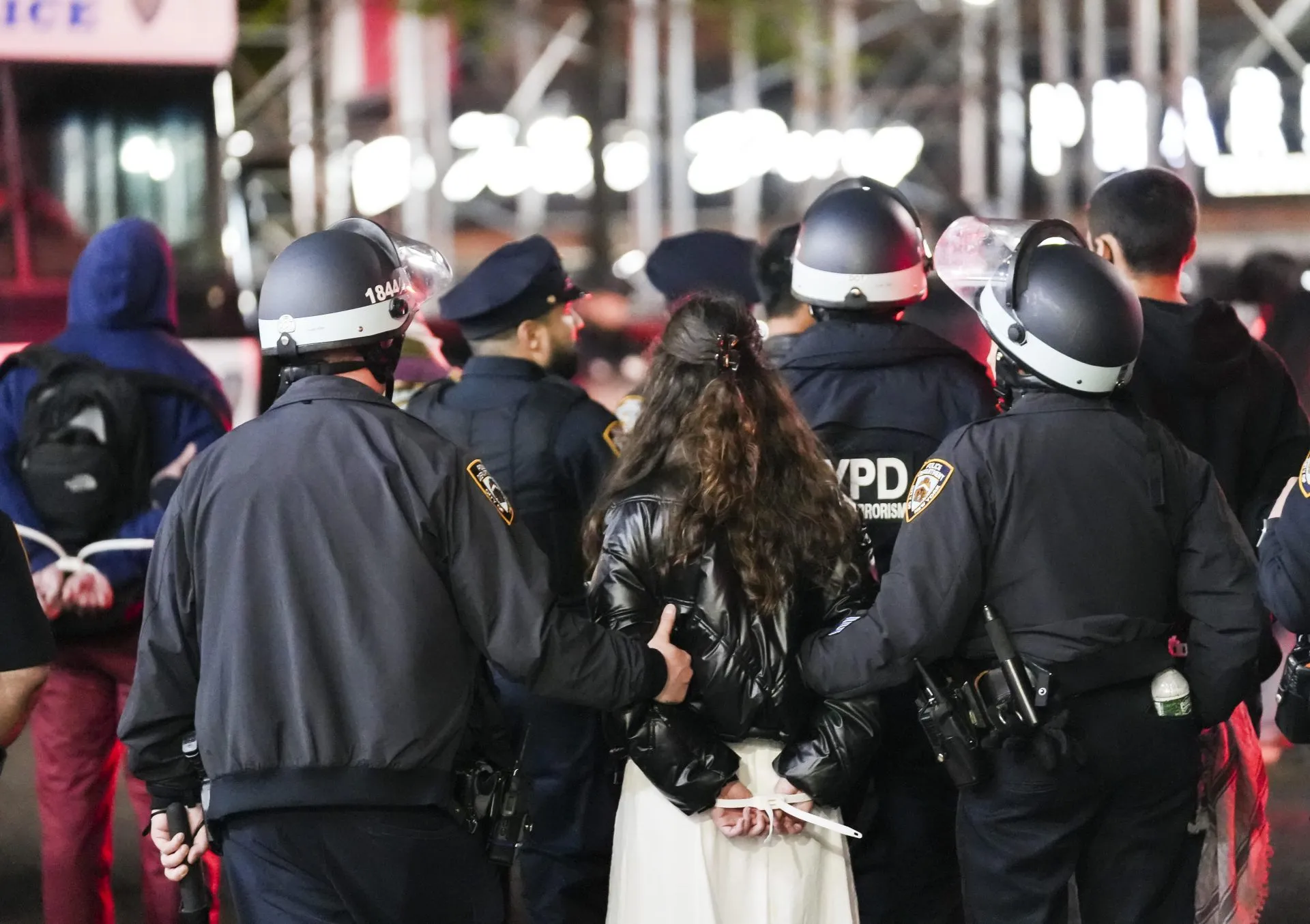
The mayor of New York, Eric Adams, put this Wednesday in 282 detainees in pro-Palestinian university protests within that city during yesterday’s day and assured that among the demonstrators there were “external agitators.”
“Right now we have 282 arrests: 173 come from CUNY (the city’s public university) and 109 from Columbia,” Adams said on Wednesday at a joint press conference with Edward Cabán, commissioner of the New York Police Department.
However, the councilor did not offer “for the moment” the data on the number of individuals outside the campus after the eviction operation carried out last night mainly at Columbia University, the epicenter of pro-Palestinian protests in U.S. higher education institutions.
The New York Police broke into the emblematic Hamilton Hall building (Columbia University), which had been vandalized and occupied hours earlier, in an eviction operation that, as Adams detailed today, included drones and a crane to enter the second floor of a construction that already had great symbolic value in the protests over the Vietnam War in 1968.
“(The take of the Hamilton Hall) was directed by individuals who are not affiliated with the university. There were people on campus who shouldn’t have been there. We saw a change in the tactics that were being used (…) This was led by external agitators,” said the New York city alk.
According to Adams’ account, they understood that there were “external actors kidnapping the protests” and trying to “influence” the students so that the situation escalated after verifying that they were betting on “not-peaceful” methods such as “barricades, destruction of properties and dismantling of security cameras.”
“We regret that the protesters have chosen to aggravate the situation through their actions. After the University learned during the night that the Hamilton Hall was occupied, destroyed and blocked, we had no other option,” Columbia University had indicated before the operation, adding that, after the takeover, the resolution of the situation was in the hands of the police.
The students, whose camps deployed on campus were also evicted, did not offer resistance on Tuesday night and arrested them one by one to then transfer them to police stations on several buses.
“From anti-Semitism to Islamophobia (…) there is no place for hatred in this city (…) we always protect the right to protest but we must balance it with maintaining the security of students, the school and our city,” concluded Adams, who also pointed out that they will continue to work with the police and the university to prevent new settlements from occurring.
International
Spain’s irregular migrant population rises to 840,000, study finds
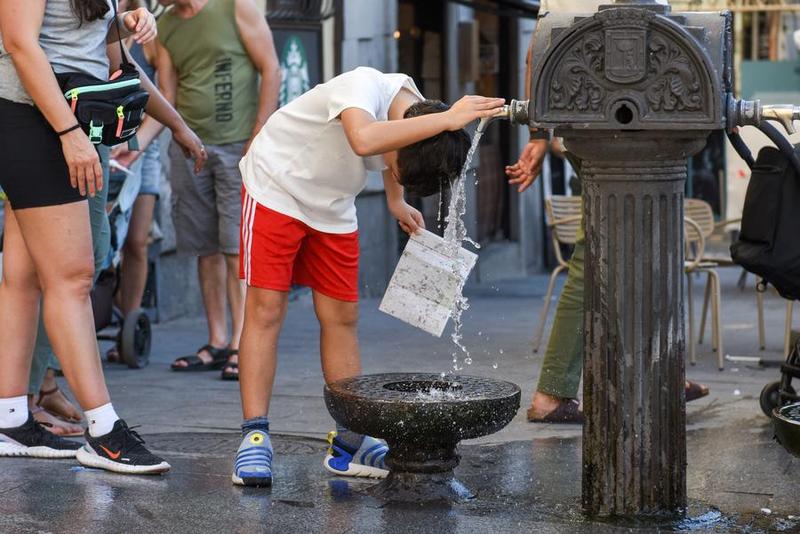
The number of migrants living in Spain without legal residency status continues to rise and has reached 840,000 people, with 91% originating from the Americas, particularly Colombia, Peru and Honduras, according to a report by the Spanish think tank Funcas (Foundation of the Savings Banks).
An estimated 17.2% of the non-EU foreign population living in Spain is in an irregular administrative situation. The estimate is based on the gap between the number of foreign residents effectively living in Spain, according to the National Statistics Institute (INE), and those who hold a residence permit, benefit from international protection, or are in the process of obtaining it.
The data, as of January 1, 2025, point to a notable and sustained increase in irregular migration since 2017, when the estimated figure stood at around 107,000 people, representing 4.2% of the non-EU population residing in Spain.
By origin, migrants from the American continent stand out, totaling around 760,000 people, or 91% of all irregular migrants. Colombians account for nearly 290,000, followed by Peruvians with almost 110,000, and Hondurans with about 90,000. Migrants from Africa (50,000), Asia (15,000) and Europe (14,000) trail far behind.
The figures predate Spain’s latest immigration regulation reform, which came into force in May 2025 and introduces measures to ease access to legal status through residency ties. According to Funcas, the reform would, in principle, tend to reduce the number of migrants in an irregular situation.
International
Historic snowstorm paralyzes Toronto after 60 centimeters of snow

Toronto, Canada’s largest city and the fourth most populous in North America, was largely paralyzed on Monday after a historic snowstorm dumped up to 60 centimeters of snow and sent temperatures plunging to -15 degrees Celsius, authorities said.
Late Sunday, as the scale of the snowfall became clear, city officials declared a climate emergency, triggering extraordinary measures including parking bans on several major streets to facilitate snow removal operations.
Toronto’s public transit authority reported that while some buses remain immobilized, subway and streetcar services are operating with relative normality, though localized disruptions may occur.
A similar situation is affecting the city’s commuter rail network, which remains operational but is experiencing significant delays on its main routes due to the severe weather conditions.
International
Venezuela frees at least 80 political prisoners, NGO says
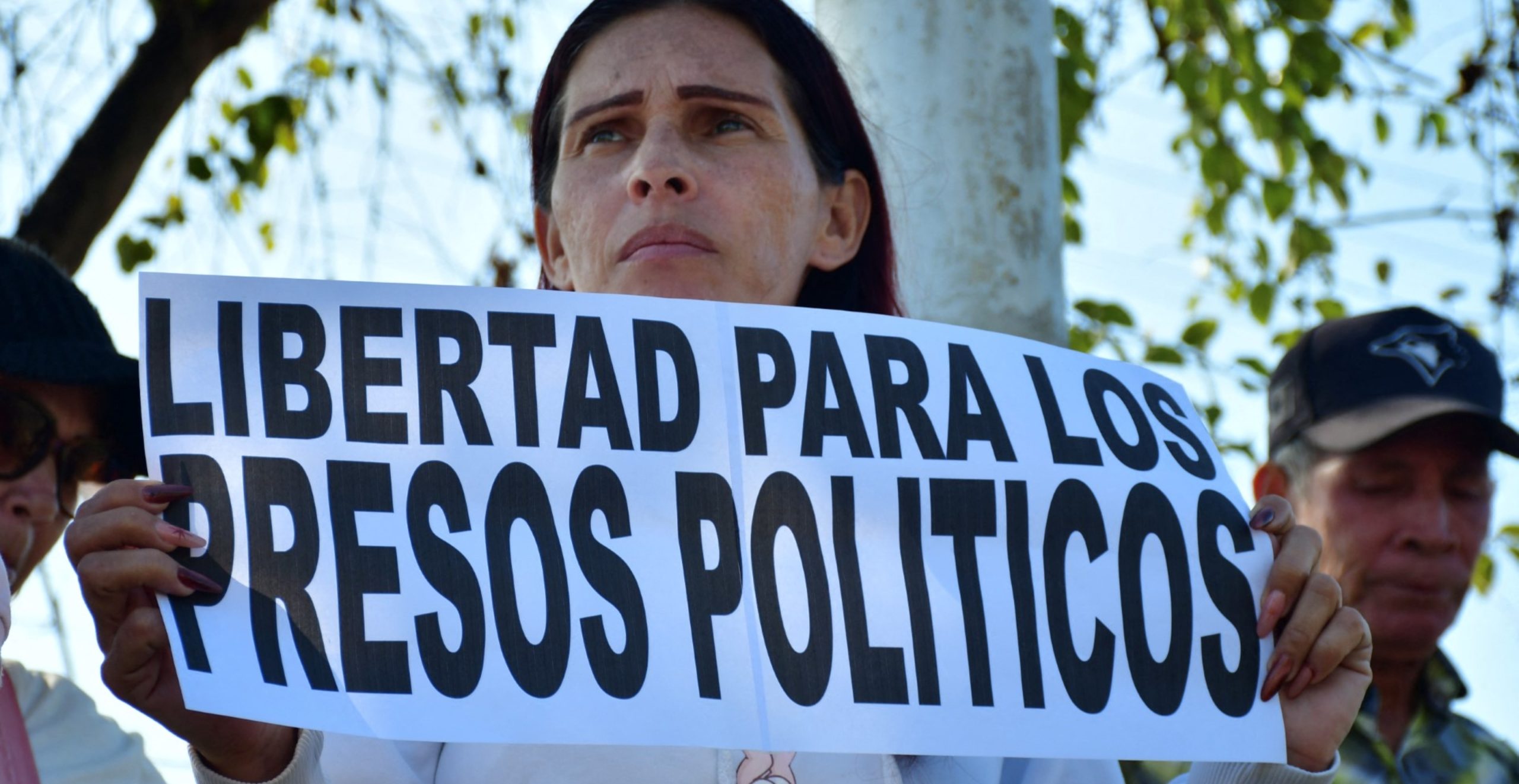
At least 80 political prisoners were released on Sunday across Venezuela, human rights group Foro Penal reported, as the broader process of detainee releases continues at a slow pace under the interim government.
Foro Penal’s director, Alfredo Romero, wrote on social media platform X that verified releases took place nationwide and that the figure could rise as more confirmations are completed.
Attorney Gonzalo Himiob, also from Foro Penal, said the excarcelations occurred during the early hours of the day and emphasized that the number is not yet final pending further verification.
The releases are part of a series of steps announced by Venezuela’s interim leader, Delcy Rodríguez, who took power after the capture of former President Nicolás Maduro in a U.S. military operation on Jan. 3, 2026. Rodríguez has pledged a significant number of liberations but has been criticized by opposition groups and rights organizations for the slow and nontransparent nature of the process.
So far, the Venezuelan government reports that 626 detainees have been freed since December, though independent counts by human rights groups suggest the number of actual political prisoner releases is lower and that many remain behind bars.
Families of those still detained have maintained vigils outside prisons, hopeful for further releases even as broader concerns about political imprisonment and due process persist.
-

 International5 days ago
International5 days agoMexican influencer “La Nicholette” kidnapped in exclusive area of Culiacán
-

 International4 days ago
International4 days agoTrump to invite Venezuela’s interim president Delcy Rodríguez to Washington
-

 Central America4 days ago
Central America4 days agoMazatenango Carnival cancelled amid State of Siege in Guatemala
-

 International5 days ago
International5 days agoMajor winter storm to blanket U.S. and Canada with snow, ice and arctic cold
-

 International4 days ago
International4 days agoMarkets rise as Trump halts Europe tariffs and floats Greenland agreement framework
-
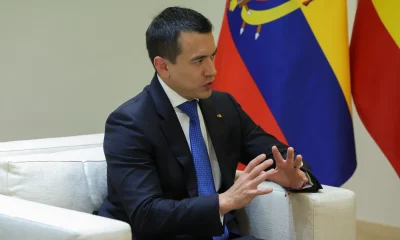
 International5 days ago
International5 days agoColombia slams Ecuador’s 30% tariff as ‘economic aggression’
-

 International5 days ago
International5 days agoTrump announces preliminary NATO agreement on Greenland, suspends tariffs on Europe
-

 International4 days ago
International4 days agoVenezuela’s interim president predicts 37% increase in revenues for 2026
-

 Internacionales3 days ago
Internacionales3 days agoMajor winter storm threatens “catastrophic” ice and snow across much of the U.S.
-

 International2 days ago
International2 days agoTrump-Era Defense Plan Prioritizes Border Security and Scales Back Global Commitments
-

 International4 days ago
International4 days agoFour minors killed in deadly clash between FARC dissidents in Colombia’s Amazon
-

 International4 days ago
International4 days agoJapan reopens Kashiwazaki-Kariwa Plant despite public concerns
-

 Central America3 days ago
Central America3 days agoGuatemala’s president rules out negotiations with inmates after prison riots
-

 International3 days ago
International3 days agoGuatemala considers sending high-risk gang members to military prisons
-

 International2 days ago
International2 days agoBogotá and Quito Seek Dialogue After Tariffs and Power Cut Escalate Tensions
-
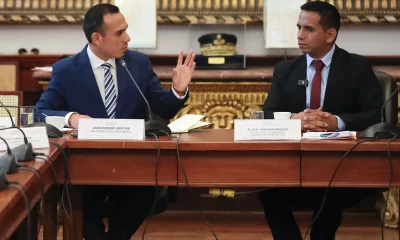
 International5 days ago
International5 days agoJosé Jerí claims destabilization attempt after videos of secretive meetings surface
-

 International1 day ago
International1 day agoDelcy Rodríguez seeks political agreements after Maduro’s ouster
-

 International3 days ago
International3 days agoRights group says over 5,000 killed in Iran protests, mostly civilians
-

 International1 day ago
International1 day agoFederal immigration agents kill man in Minneapolis, sparking protests and outrage
-

 Central America4 hours ago
Central America4 hours agoGuatemala seizes over a ton of cocaine hidden in flour at Pacific port
-

 International4 hours ago
International4 hours agoFrance debates ban on social media for children under 15
-

 International4 hours ago
International4 hours agoEU launches new probe into X over AI-generated fake nude images
-

 International4 hours ago
International4 hours agoVenezuela frees at least 80 political prisoners, NGO says
-

 International3 hours ago
International3 hours agoSpain’s irregular migrant population rises to 840,000, study finds
-

 International4 hours ago
International4 hours agoSevere winter storm grips U.S., leaves multiple dead as extreme cold persists
-

 International4 hours ago
International4 hours agoRights group says nearly 6,000 killed in Iran protest crackdown
-

 International3 hours ago
International3 hours agoHistoric snowstorm paralyzes Toronto after 60 centimeters of snow


























